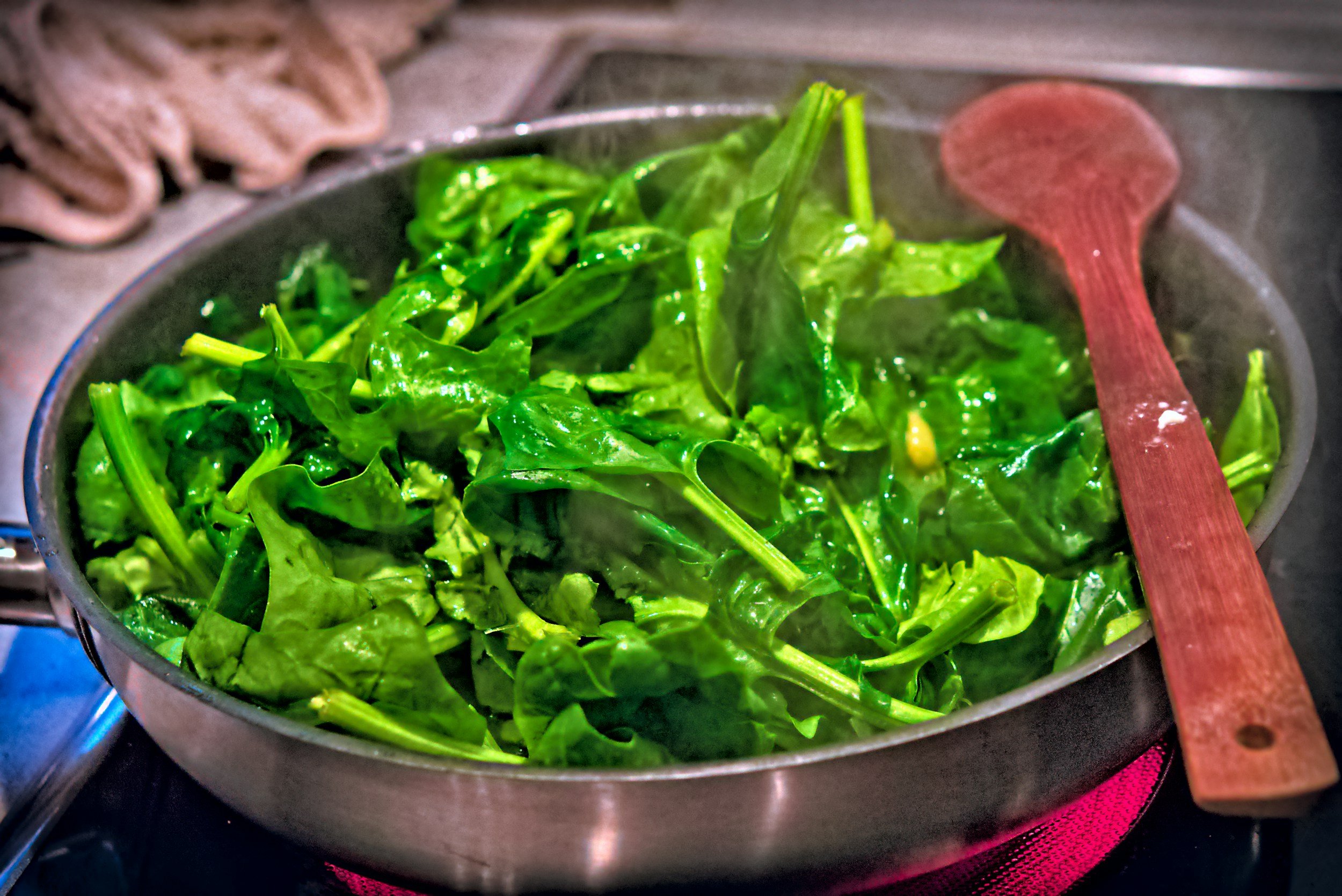blood deficiency in chinese medicine: causes, signs, and food support
In Traditional Chinese Medicine (TCM), the concept of “Blood” goes beyond the red fluid we know in Western medicine. While it certainly includes physical blood, it also represents nourishment on many levels - supporting our organs, moistening the skin, calming the mind, and anchoring the spirit.
When Blood becomes depleted, we refer to it as Blood Deficiency. This pattern can develop gradually due to poor diet, overwork, chronic illness, emotional strain, or blood loss (e.g., postpartum or from heavy menstruation). It’s particularly common in those who are recovering from childbirth, dealing with long-term stress, or simply not getting enough deeply nourishing foods.
Common Signs of Blood Deficiency
You may be experiencing Blood Deficiency if you notice:
Fatigue or feeling weak and drained
Pale complexion, lips, or tongue
Dizziness or lightheadedness
Dry skin, hair, or brittle nails
Insomnia or restless sleep
Anxiety or feeling “ungrounded”
Scanty or delayed periods
Blurry vision or floaters
As Giovanni Maciocia, one of the most respected TCM scholars, explains, Blood Deficiency often affects the Heart and Liver systems. The Liver stores Blood and supports the sinews and eyes, while the Heart governs the Blood and houses the Shen (spirit). This explains why we often see both physical and emotional signs when Blood is depleted.
Dietary Support for Blood Building
From a Chinese medicine perspective, food is medicine… and one of the most important tools in rebuilding Blood. Debra Betts, an expert in acupuncture for pregnancy and postpartum care, compiled a helpful list of foods that nourish and support Blood. Below is a summary based on her chart, organized by food group:
Blood-Nourishing Foods
(Adapted from Debra Betts, “The Essential Guide to Acupuncture in Pregnancy and Childbirth”)
Grains and Legumes:
Oats
Rice (especially black or red)
Barley
Lentils
Kidney beans
Black beans
Vegetables:
Beets
Spinach
Carrots
Sweet potatoes
Dark leafy greens (kale, collards, chard)
Seaweed
Animal Products:
Organic liver (beef or chicken)
Beef
Lamb
Chicken
Eggs
Sardines or small oily fish
Fruits:
Blackberries
Mulberries
Blueberries
Red grapes
Cherries
Goji berries (Gou Qi Zi)
Nuts and Seeds:
Sesame seeds (especially black)
Walnuts
Pumpkin seeds
Sunflower seeds
Tonifying Herbs and Condiments:
Molasses (especially blackstrap)
Miso
Tamari
Nettles (can be made into tea)
Dang Gui (Angelica sinensis – often used in formulas)
Tips for Blood-Nourishing Eating
Cooked is better: In most cases, warming and cooked foods are easier to digest and assimilate than raw or cold foods, which can weaken digestion (“Spleen Qi”) and interfere with Blood production.
Add warming spices: Ginger, cinnamon, and turmeric can support circulation and digestion.
Soups and stews: These are excellent for building Blood, especially when made with bone broth or slow-cooked meats and vegetables.
Eat regularly: Skipping meals or undereating can drain energy and make it harder for the body to rebuild resources.
When to Seek Help
While food can go a long way, some cases of Blood Deficiency may need additional support. Acupuncture and Chinese herbal medicine can be powerful tools to help rebuild Blood, regulate menstruation, improve sleep, and ease anxiety. We often work with individuals postpartum, during perimenopause, or after periods of high stress or illness to gently restore balance.
If you’d like to explore acupuncture or herbal options to support your energy, mood, and cycle, we’d be happy to help. Feel free to reach out and schedule a consultation.



